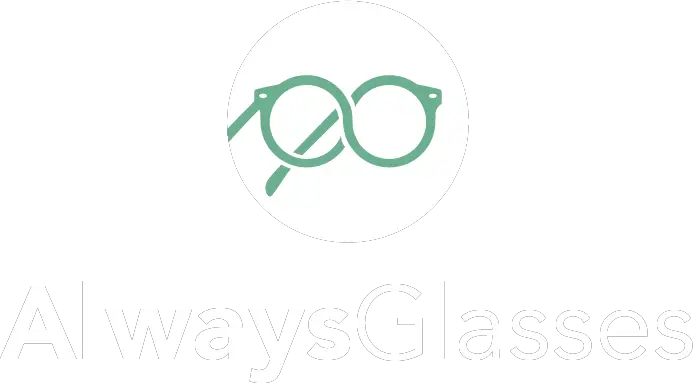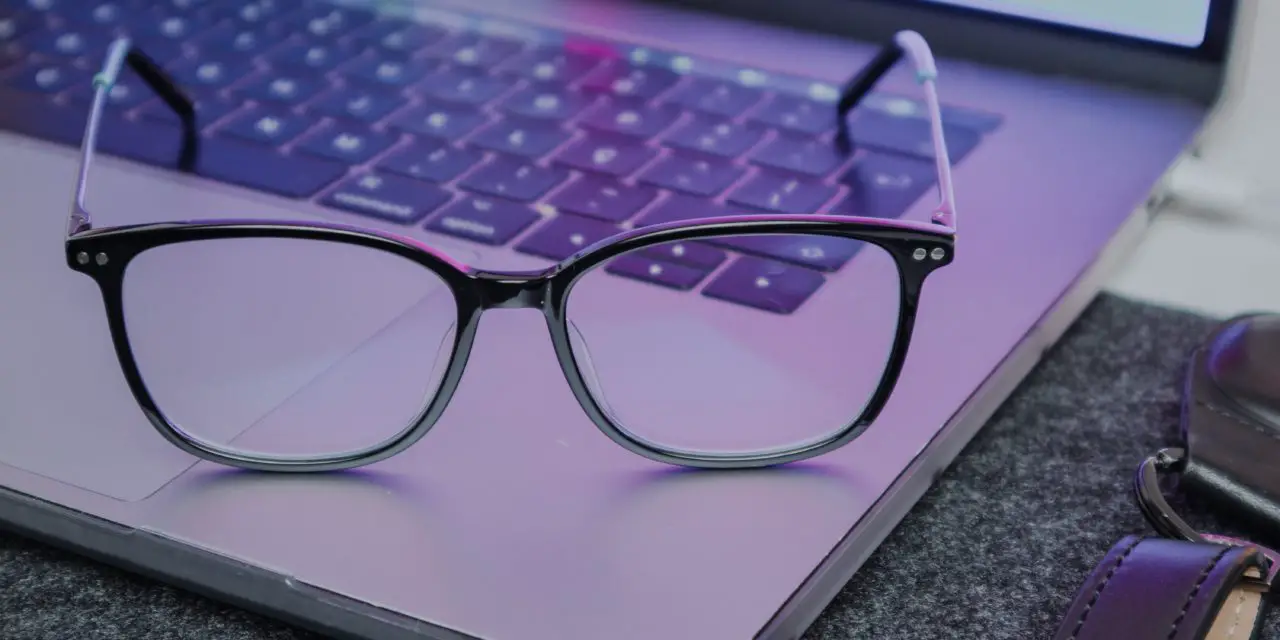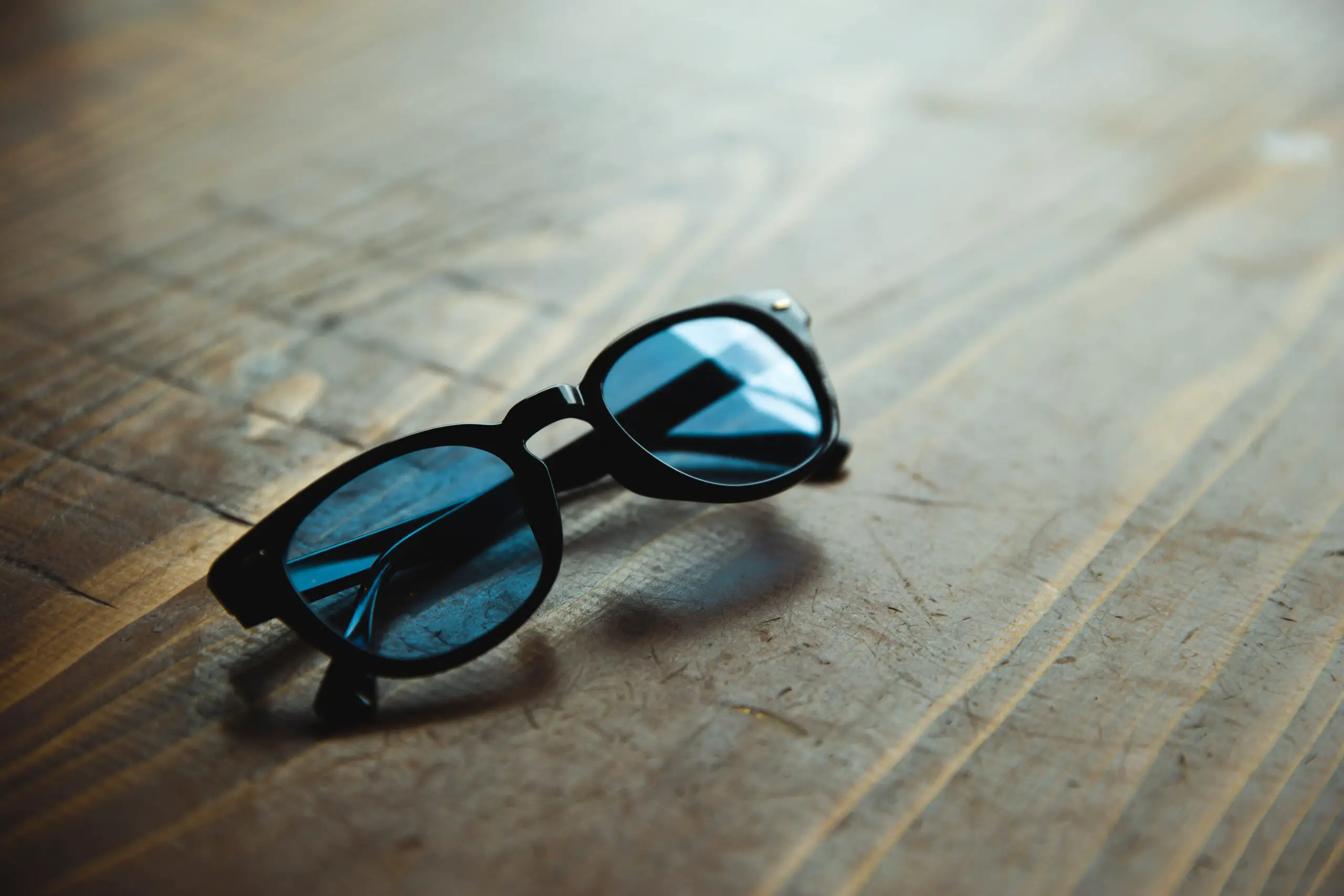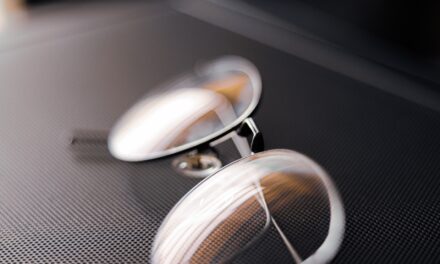The FSA program allows you to get a tax credit for the cost of your new glasses, reducing their overall cost. If you want or need blue light glasses, you may be wondering if they’re FSA eligible.
Blue light blocking glasses are not usually eligible for FSA unless they are used to treat a medical condition. Blue light glasses that are part of a prescription have a better chance of being covered under FSA regulations.
Using FSA benefits for blue light glasses can be tricky since they aren’t normally covered. However, some types are eligible for at least partial reimbursement. Keep reading to learn more about FSA eligibility before you buy blue light glasses.
Does FSA Cover Blue Light Glasses?
FSA stands for “Flexible Spending Account.” This is a tax benefit you can take advantage of when purchasing medical equipment and supplies.
FSA usually applies strictly to prescription glasses and sunglasses. In general, blue light glasses aren’t covered by FSA because they aren’t considered a medical necessity.
However, people with prescription blue light glasses can sometimes get their lenses covered by FSA.
This type of eligibility requires you to meet specific medical criteria, such as digital eye strain or migraines, that require a prescription.
What Types of Glasses Are FSA Eligible?
With FSA coverage, you can use pre-tax funds to purchase major pieces of medical equipment, like prescription eyeglasses. These pre-tax purchases can reduce your taxes for the year.
FSA coverage includes the following:
- Prescription eyeglasses and sunglasses
- Insurance deductibles/copays
- Insulin and supplies related to chronic conditions
While FSA generally covers prescription glasses and sunglasses, many blue light glasses are not prescription grade.
If you want your blue light glasses to be covered under this program, you’ll need to look for prescription lenses with a blue light filter.
Does HSA Cover Blue Light Glasses?
While FSA stands for “Flexible Savings Account,” HSA stands for “Health Savings Account.”
An HSA account can be used as a savings account, similar to how you can use an FSA account.
But. like with FSA, blue light glasses are only eligible for coverage if they are a part of the glasses prescribed by an ophthalmologist.
The main difference between FSA and HSA is that, while the tax-free benefits of an FSA account are held by your employer and expire each tax season, HSA benefits roll over from year to year.
This allows you to continue to build savings in your HSA account year after year for tax-free medical expenses.
Why Buy Blue Light Glasses with FSA?
It’s worth it to buy prescription blue light glasses with an FSA or HSA program if you can, since these glasses can be expensive to purchase outright.
Just a few of the benefits of purchasing prescription glasses through these types of accounts include:
- Reduced taxes: Using an FSA account to pay for your blue light glasses means you won’t have to pay taxes on them or any other covered medical expenses.
- Benefits on accessories: An FSA account can give you a tax break on any accessories related to your blue light glasses, such as cases, cleaning supplies, and frames.
If you need to buy blue light glasses without a prescription, you may not be able to use FSA funds.
But, using your FSA funds can help you save some money on taxes towards your purchase of prescription blue light glasses.
Luckily, non-prescription blue filter glasses are not very expensive. So, buying them won’t break the bank if you can’t get a prescription.
How Many Blue Light Glasses Can You Buy with FSA?
You can buy as many prescription eyeglasses with an FSA account as your funds will allow, so it’s worth putting enough money into your FSA to cover at least a few pairs.
Keep in mind that most people will lose or break their glasses at some point. No matter how careful you are, accidents are bound to happen.
For this reason, having a backup pair ready to go, or the funds available to buy one at a moment’s notice, can help protect you from emergency situations.
How to Use FSA for Blue Light Glasses
To use FSA for blue light glasses, all you need is a prescription for glasses with blue light filtering lenses and an FSA reimbursement form.
When buying the glasses at an eye center, fill out the relevant information on your FSA reimbursement form and send it in.
If the blue light glasses you’re purchasing are eligible for FSA, you should get credited for using the funds.
Some Blue Light Glasses Are Eligible for FSA
While you can’t use FSA funds on all blue light glasses, those that come as part of a prescription package are usually eligible.
Make sure to submit your FSA paperwork when you buy prescription blue light glasses to get the most out of your government health benefits.





